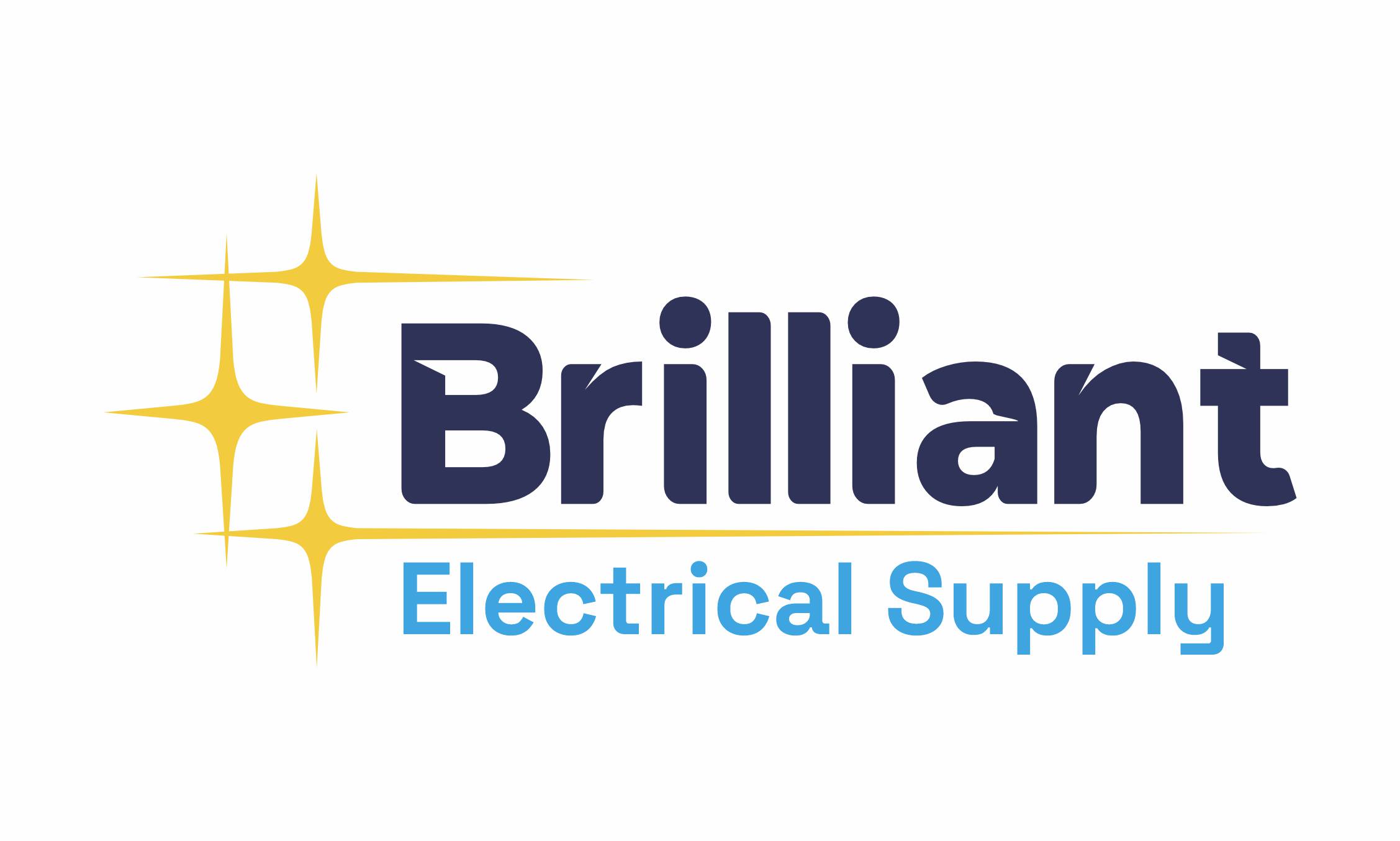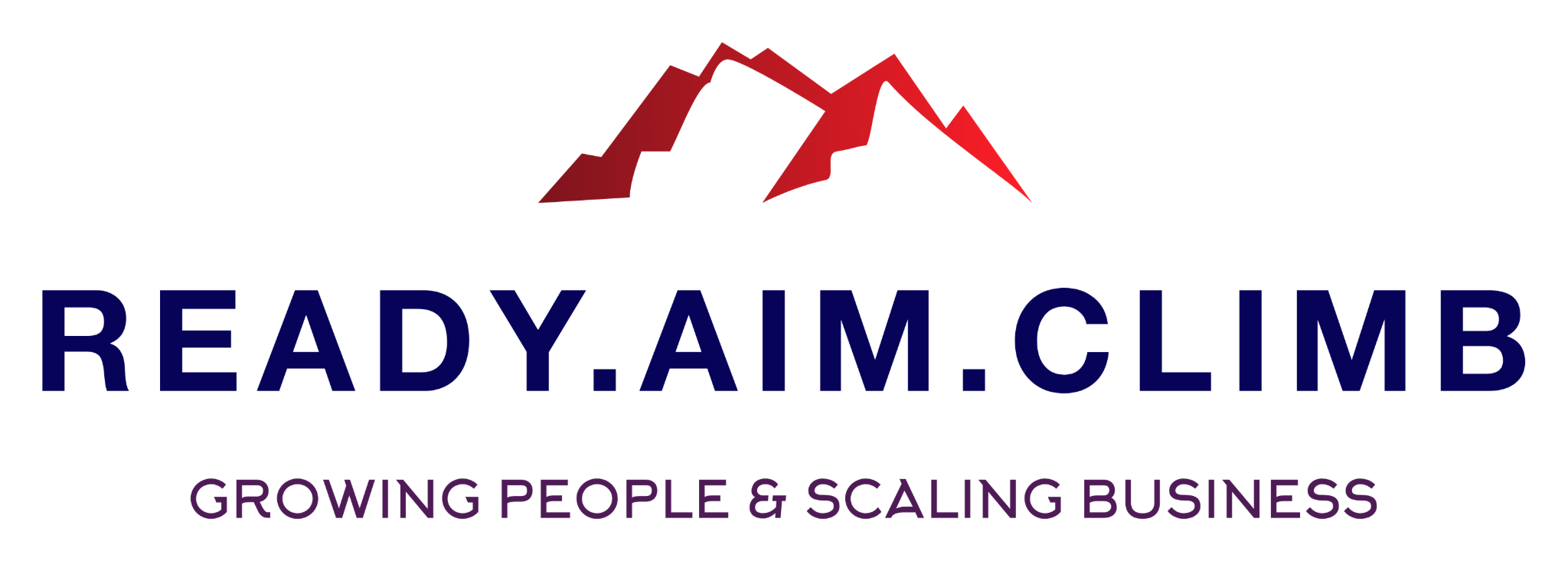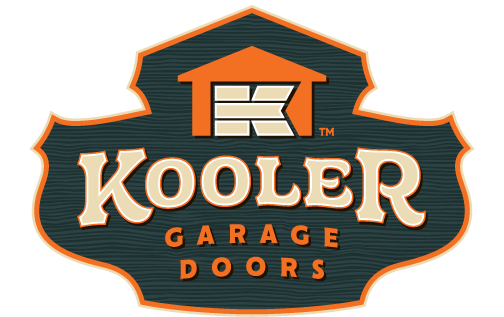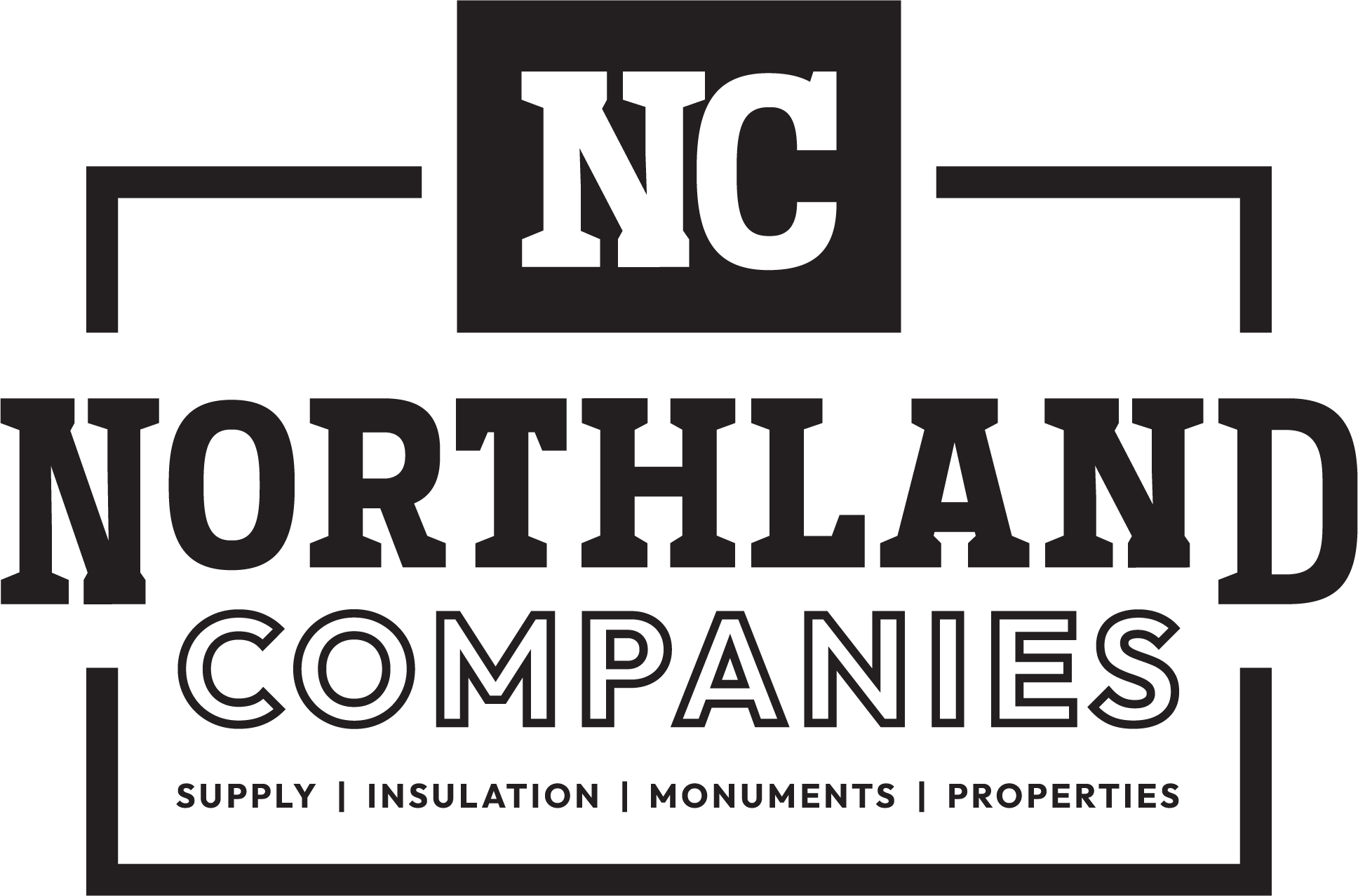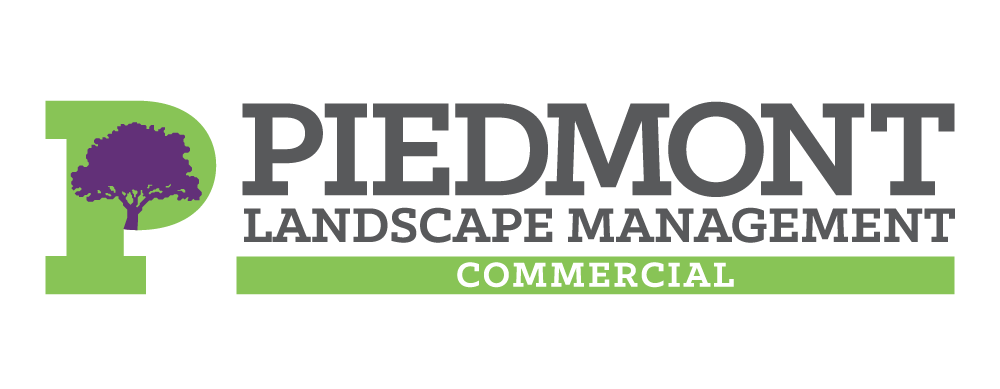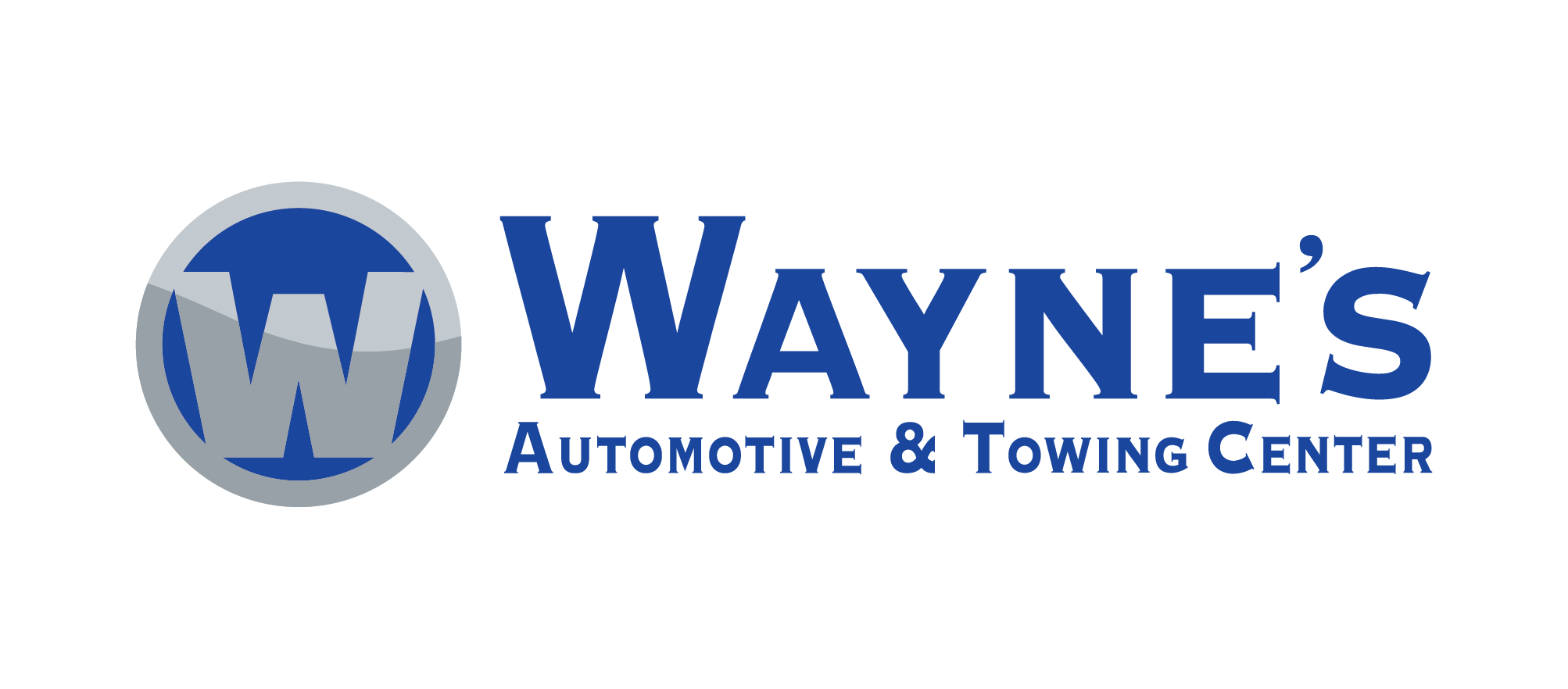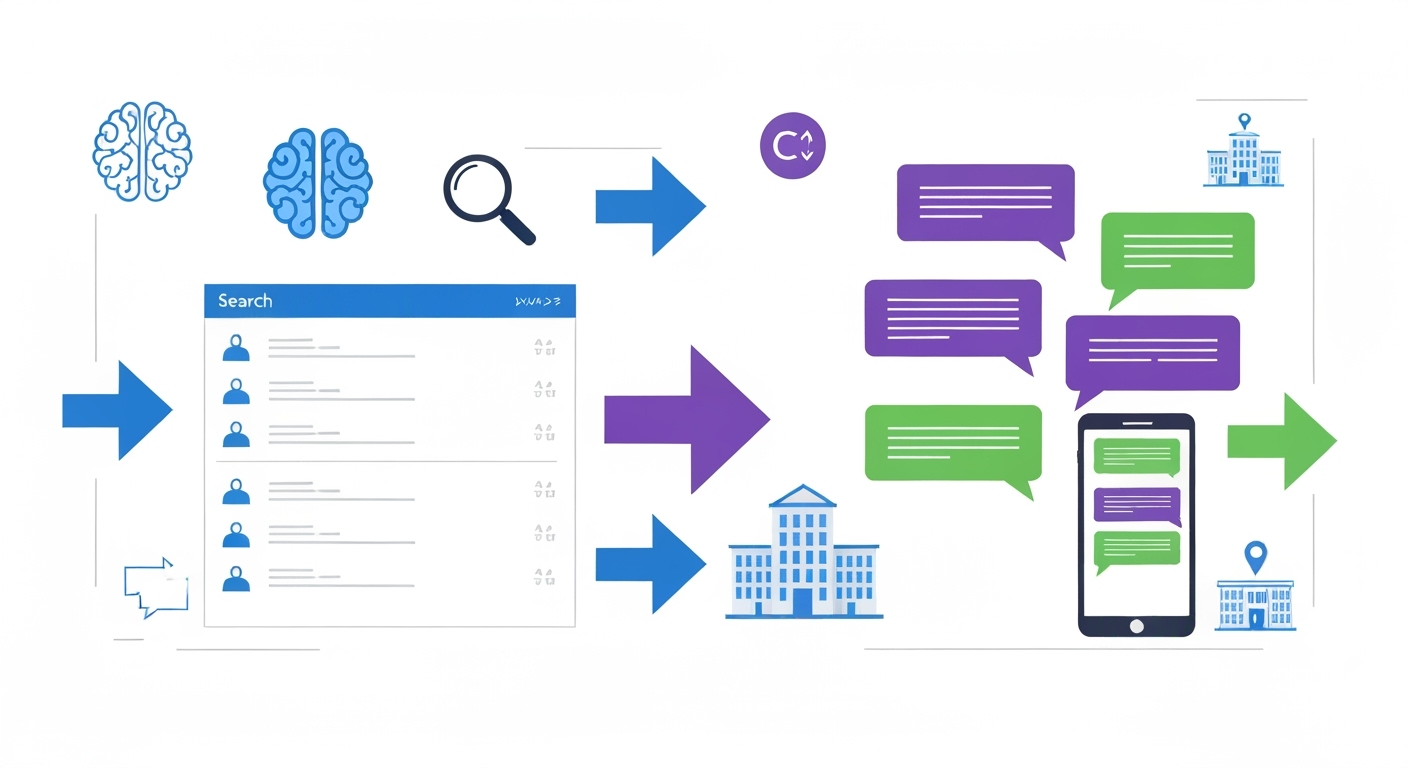
The rules of search just changed. Again.
While you were optimizing for Google’s algorithm, a new player stepped onto the field—and it’s not another search engine. It’s AI itself.
ChatGPT, Perplexity, Claude, and Gemini aren’t just answering questions anymore. They’re becoming the gatekeepers of information, deciding which businesses get mentioned, cited, and recommended to millions of users every day.
Welcome to the era of Generative Engine Optimization—where being found isn’t about ranking first on Google. It’s about being worthy of citation by AI.
Traditional SEO Just Hit a Wall
Let’s get something straight: SEO isn’t dead. But the old playbook—keyword stuffing, backlink farms, and ranking obsessions—won’t cut it anymore.
Here’s what we’re seeing at Fencepost: clients who rank #1 for competitive terms but don’t show up when potential customers ask AI tools for contractor recommendations. Meanwhile, businesses with solid authority signals and clear, factual content are getting cited in AI responses even when their traditional rankings are lower.
The shift is massive. Consumers are increasingly turning to AI for recommendations and research. When someone asks ChatGPT “Who’s the best roofer near me?” or “How do I choose a reliable HVAC contractor?”, your Google ranking doesn’t matter. What matters is whether the AI thinks you’re worth mentioning.
What GEO Actually Means for Your Business
Generative Engine Optimization isn’t about gaming another algorithm. It’s about becoming the kind of business that AI models want to recommend.
Think about it: AI models are trained to provide accurate, helpful information. They’re not impressed by keyword density or backlink quantity. They’re looking for expertise, authority, trustworthiness, and first-hand experience.
Sound familiar? That’s because GEO takes everything good about SEO and cranks up the quality requirements. No shortcuts. No tricks. Just real value.
The difference is in the target. SEO targets search engine results pages. GEO targets AI-generated answer boxes where models assemble and cite sources. Success isn’t measured by click-through rates—it’s measured by citations, mentions, and inclusion in AI responses.
The GEO Difference: Authority Over Algorithms
Here’s where home service businesses have a natural advantage. The same signals that make you trustworthy to customers make you credible to AI:
First-Hand Experience: Your before-and-after photos, process documentation, and job site expertise are exactly what AI models look for when determining authority.
Verifiable Credentials: Licenses, insurance, certifications, and safety protocols aren’t just legal requirements—they’re trust signals that AI systems recognize and value.
Clear Communication: The same direct, no-nonsense communication style that wins over homeowners also makes your content easy for AI to parse and cite.
Local Expertise: Your knowledge of local building codes, permit processes, and regional challenges positions you as an authoritative local source.
What GEO-Ready Content Actually Looks Like
Forget about writing for search engines. Start writing for humans—and AI will follow.
GEO-optimized content provides direct, unambiguous answers to common questions. It uses scannable headings, concise definitions, and clear takeaways that AI models can easily extract and cite.
For a roofing company, this might mean creating pages that answer:
- “How long does a roof replacement take in [your city]?”
- “What permits are required for roofing work in [your area]?”
- “How much should homeowners budget for emergency roof repairs?”
But here’s the key: your answers need to be specific, factual, and backed by your actual experience. Generic advice won’t cut it. AI models prefer recent, well-sourced, and internally consistent content.
Include citation-ready elements like explicit statistics, dates, step-by-step procedures, and labeled tables. Make it easy for AI to extract and reference your expertise.
The Technical Side: Making Your Content AI-Friendly
AI systems need to understand your content before they can cite it. This means clean, structured markup and consistent entity recognition.
Use schema markup extensively: Organization schema, LocalBusiness schema, service type schema, reviews schema, and FAQ schema. These help AI models understand who you are, what you do, and where you operate.
Maintain consistent naming across all platforms. If you’re “ABC Roofing” on your website, don’t be “ABC Roofing Company” on Google Business Profile and “ABC Roof Services” on social media. Consistency builds entity recognition.
Ensure technical accessibility: fast loading times, clean HTML, descriptive headings, proper alt text, and mobile optimization. AI systems need to parse your content reliably.
Authority Signals That Actually Matter
In the AI era, authority isn’t about who links to you—it’s about proving you know what you’re talking about.
Add detailed staff bios with credentials and experience. Include photos and videos from actual job sites. Document your processes, safety protocols, and quality standards. Share case studies with measurable results.
Most importantly, cite authoritative sources. Reference local building codes, industry standards, manufacturer specifications, and regulatory requirements. AI models value content that acknowledges and builds upon established expertise.
Reviews remain crucial, but the focus shifts from quantity to quality and detail. Encourage customers to mention specific services, timelines, and outcomes. These detailed reviews provide the context AI systems need to understand your expertise.
The Local Advantage in AI Search
Home service businesses have a unique opportunity in the AI search era. Local expertise and first-hand experience are exactly what AI models need to provide accurate, helpful recommendations.
When AI tools answer location-specific questions about contractors, they’re looking for businesses that demonstrate deep local knowledge. Your understanding of local climate challenges, building requirements, and permit processes makes you more valuable than generic national content.
Focus on creating location-specific content that showcases this expertise. Write about local building challenges, seasonal considerations, and regulatory requirements. This positions you as the go-to authority for your service area.
We’ve seen this play out with Fencepost clients who’ve focused on local authority building. They’re not just ranking better in traditional search—they’re getting mentioned and recommended by AI tools when users ask for local service providers.
The Fencepost GEO Audit Framework
Based on our work with home service businesses, we’ve developed a framework for assessing GEO readiness:
Answer-First Content: Do your service pages lead with clear, definitive answers about what you do, who it’s for, where you operate, and what customers can expect?
Knowledge Graph Integration: Are you using consistent entity naming and structured data to help AI systems understand your business?
Authority Documentation: Do you showcase credentials, processes, and first-hand experience in ways AI can recognize and cite?
Technical Accessibility: Can AI systems easily crawl, parse, and understand your content?
Citation-Ready Facts: Do you include verifiable statistics, process details, and authoritative sources that AI can reference?
Competitive Differentiation: Do you highlight unique offerings that give AI systems specific reasons to recommend your business?
Why This Matters More Than You Think
AI search isn’t coming—it’s here. Every day, more consumers turn to AI tools for recommendations, research, and decision-making. The businesses that adapt early will have a massive advantage.
But here’s what’s different about this shift: it’s not about gaming a new algorithm. It’s about becoming genuinely better at communicating your expertise and value.
The same efforts that make you GEO-ready also improve your customer experience, clarify your messaging, and strengthen your market position. It’s not just about AI visibility—it’s about building a better business.
At Fencepost, we’re already seeing the impact. Clients who’ve embraced GEO principles aren’t just getting AI citations—they’re seeing better conversion rates, higher-quality leads, and stronger market positioning across all channels.
Getting Started with Generative Engine Optimization
Don’t try to overhaul everything at once. Start with these immediate actions:
Audit Your Current Content: Look for direct, factual answers to common customer questions. Rewrite generic content to include specific details, timelines, and processes based on your actual experience. For example, a plumbing business should have clear answers on common issues like “how to fix a leaky faucet” or “what to do if your water heater breaks.” Your content should offer solutions, not just descriptions. This helps AI models extract actionable information directly.
Implement Proper Schema Markup: This is a critical technical step. Use schema.org structured data for your business information (Organization schema), your local presence (LocalBusiness schema), the services you offer (service type schema), customer reviews (reviews schema), and frequently asked questions (FAQ schema). Ensure consistency across all platforms and directories, including your Google Business Profile. This helps AI understand who you are, what you do, and where you operate. Consistent entity naming is key. If your business is ‘Smith’s HVAC Solutions’, ensure it’s named consistently everywhere.
Document Your Expertise Clearly: AI models prioritize authority. Add detailed staff bios with credentials and experience. Include photos and videos from actual job sites demonstrating your work. Document your processes, safety protocols, and quality standards. Share case studies with measurable results to showcase your track record. For instance, a roofing company can show before-and-after photos of a challenging roof replacement, detailing the specific materials used and the safety measures taken. This builds trust with both human users and AI systems.
Focus on Technical Accessibility: Ensure your website loads quickly, uses clean HTML, and provides clear navigation for both users and AI systems. Mobile optimization is non-negotiable; AI systems need to parse your content reliably across all devices. Broken links, slow load times, or cluttered layouts can hinder AI’s ability to understand and cite your content. A fast, clean website signals quality to AI.
Create Citation-Ready Facts: Include verifiable statistics (e.g., permit timelines, code references, material specifications), dated updates, and outbound citations to authoritative standards or local regulations. This bolsters credibility and makes it easy for AI to extract and reference your factual claims. For a home remodeling business, clear references to local building codes or specific material certifications can make your content more citable.
Differentiate Your Business: Highlight unique offerings such as warranties, specialty materials, rapid response times, financing options, or specific certifications. Give AI models distinct reasons to include your brand in their recommendations. If you offer a unique 24/7 emergency service with a guaranteed response time, make that clear. AI looks for compelling reasons to recommend one business over another.
Most importantly, maintain the quality and accuracy that makes you worth recommending. AI doesn’t just index content—it evaluates trustworthiness and relevance.
Frequently Asked Questions
What is GEO and how is it different from traditional SEO?
GEO (Generative Engine Optimization) focuses on getting your business cited and recommended by AI tools like ChatGPT, Gemini, and Perplexity, rather than just ranking on Google search results pages. SEO targets rankings; GEO targets AI-generated answers.
Why does GEO matter for home service businesses?
More consumers are asking AI tools for contractor recommendations. If your business isn’t recognized as authoritative and trustworthy by AI systems, you may be invisible even if you rank well on Google.
Are keywords and backlinks still important in the GEO era?
They still matter, but they’re no longer enough. AI prioritizes expertise, authority, trustworthiness, and first-hand experience over keyword density or backlink volume.
What makes content “GEO-ready”?
GEO-ready content provides clear, factual answers, uses structured formatting, includes real-world experience, and offers citation-ready details like timelines, procedures, and local requirements.
How does schema markup help with GEO?
Schema markup helps AI systems understand who you are, what services you offer, and where you operate. Consistent structured data improves entity recognition and increases the likelihood of being cited.
Why is local expertise so important in AI-powered search?
AI tools prefer businesses that demonstrate deep local knowledge, such as familiarity with regional codes, permits, climate challenges, and service-area specifics.
What authority signals matter most for GEO?
Credentials, staff bios, documented processes, real job-site photos, detailed reviews, and references to industry standards or local regulations are key signals AI systems use to assess credibility.
How does Fencepost help businesses win with GEO?
Fencepost helps home service businesses become AI-citable by improving content quality, implementing structured data, documenting expertise, and building local authority for AI-powered search visibility.
The Bottom Line
GEO isn’t another marketing tactic to master. It’s a fundamental shift toward quality, authority, and genuine expertise. The businesses that understand this—and adapt accordingly—will dominate their markets in the AI era.
Traditional SEO focused on matching algorithms. GEO focuses on earning recommendations. For home service businesses with real expertise and local authority, that’s not a challenge—it’s an opportunity.
The question isn’t whether AI will change how customers find contractors. It’s whether you’ll be ready when they ask AI to recommend one.
Ready to audit your GEO readiness? Fencepost has the framework and expertise to help you succeed in AI-powered search. Let’s make sure you’re not just findable—you’re recommendable.





